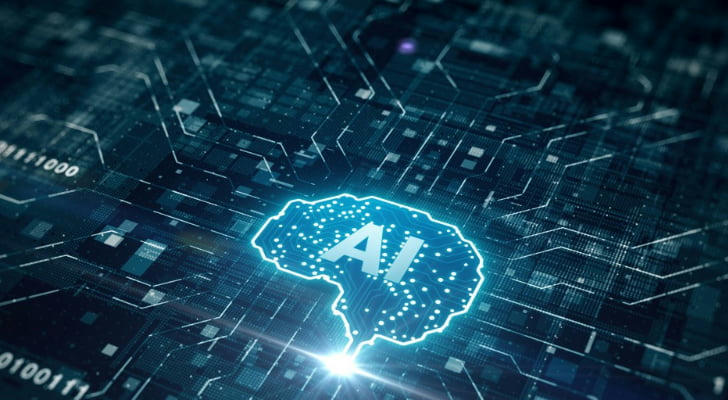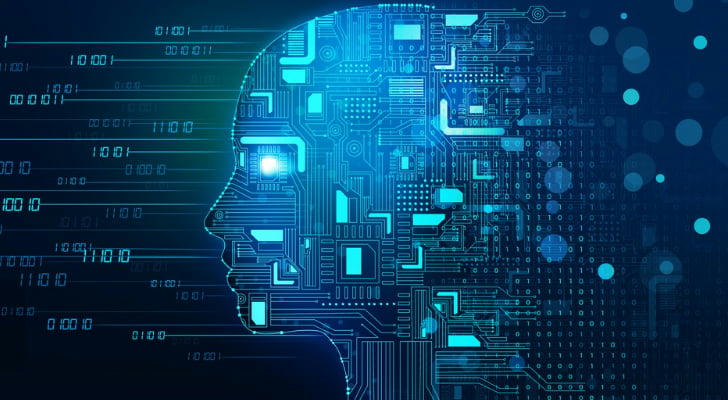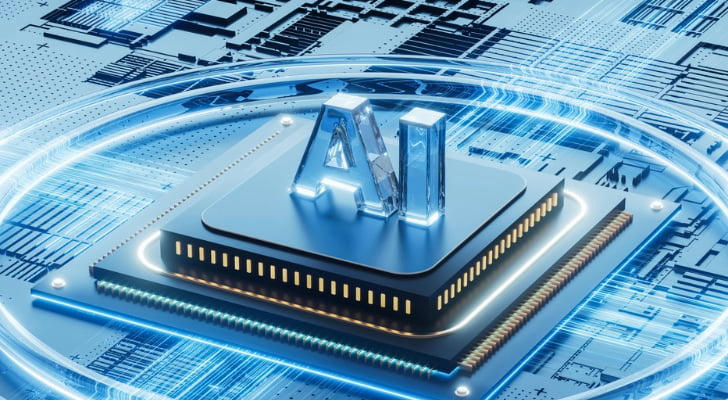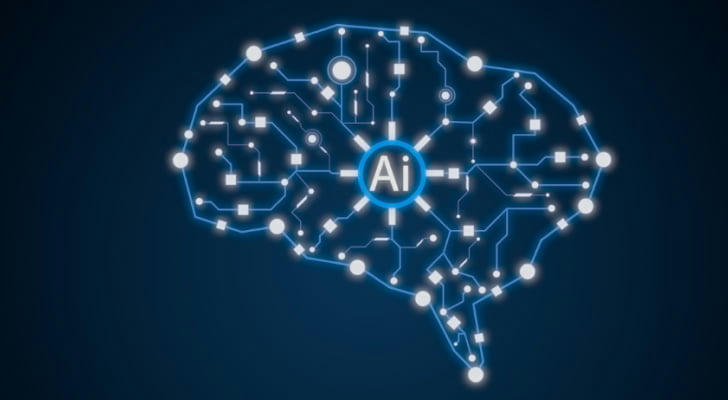How AI Is Changing Everyday Life (And What’s Next) 🤖💡

Artificial Intelligence (AI) is no longer a futuristic concept; it’s here, and it’s transforming nearly every aspect of our lives. Whether it’s in the form of virtual assistants like Siri or Alexa, recommendation systems on Netflix, or even self-driving cars, AI is already embedded in our daily routines. But the real question is: How is AI changing our lives right now, and what’s next for this incredible technology?
Let’s take a deep dive into how AI is impacting our everyday life and what exciting advancements lie ahead.
The Rise of AI: What Is It? 🤔
Understanding Artificial Intelligence
Before we explore how AI is changing our daily lives, let’s quickly understand what AI actually is. Artificial Intelligence refers to the ability of machines or computer systems to perform tasks that would normally require human intelligence. These tasks can include things like recognizing speech, making decisions, translating languages, and even creating art!
AI isn’t just one thing; it’s a collection of technologies that allow machines to simulate human-like cognition. Think of it as giving computers the ability to think, learn, and adapt—just like we do.
How AI Is Already Impacting Our Lives 🌍
1. AI in Communication: Chatbots and Virtual Assistants 🗣️
Whether you realize it or not, you’re probably interacting with AI on a daily basis. Virtual assistants like Siri, Alexa, and Google Assistant are a prime example of AI technology that’s seamlessly integrated into our daily communication.
These assistants can handle simple tasks like setting reminders, sending messages, or controlling smart devices at home. They also improve over time by learning your preferences and adjusting their responses accordingly. For example, Siri might know your favorite coffee shop and suggest it when you say, "I need coffee."
But it doesn’t stop there. Chatbots are becoming more sophisticated and can now assist you with customer service, troubleshooting, or even booking appointments. They’re available 24/7 and can handle multiple customer queries at once, saving time for both businesses and customers.
2. AI in Entertainment: Recommendations and Personalization 🎬
Have you ever wondered how Netflix seems to always know what you want to watch next? Or how Spotify suggests a new playlist you end up loving? This is AI at work!
Streaming services like Netflix, Spotify, and YouTube use machine learning algorithms to track your preferences and suggest content tailored just for you. The more you watch or listen, the better the recommendations become. These platforms gather data on your viewing habits, your likes, dislikes, and even how long you spend watching a particular genre. Over time, the algorithm becomes a pro at curating your entertainment experience.

3. AI in Healthcare: Transforming Medicine 🏥
AI’s impact on healthcare is nothing short of revolutionary. From diagnosing diseases to managing patient data, AI is improving medical care and making it more accessible.
AI-powered diagnostic tools can analyze medical images, such as X-rays or MRIs, with incredible precision. These tools are capable of detecting patterns that might go unnoticed by a human doctor. In fact, AI has already shown to outperform radiologists in detecting certain types of cancer.
AI chatbots are also being used to assess symptoms, offer advice, and schedule appointments, reducing wait times for patients and making healthcare more efficient.
But that’s just the tip of the iceberg. Researchers are even developing AI algorithms that can predict the likelihood of diseases or suggest personalized treatment plans based on a person’s genetic makeup. AI has the potential to make healthcare more personalized, effective, and faster.
4. AI in Transportation: The Future of Travel 🚗🛣️
AI is paving the way for autonomous vehicles—cars that can drive themselves without human intervention. While fully autonomous cars aren’t widespread just yet, companies like Tesla are already leading the charge, using AI to enhance features like self-parking, automatic braking, and lane-keeping assist.
The goal is to create vehicles that can safely navigate streets, reducing accidents caused by human error. But it doesn’t stop at cars. AI is also improving traffic management in cities by predicting traffic patterns and adjusting signals in real-time to alleviate congestion.
The future could also bring us AI-driven public transportation—think self-driving buses and trains that operate more efficiently and safely than ever before.
5. AI in Finance: Smarter Banking 💳📊
Gone are the days of banking just at a physical branch. With AI, managing money has never been easier or smarter.
AI-driven investment tools can analyze market trends, predict stock movements, and offer personalized investment advice. Some platforms even allow you to set up automated trading strategies that adjust based on AI recommendations.
Chatbots in banking can help you with everything from checking your balance to transferring money. They can even flag unusual spending behavior, helping to detect fraud faster.
Credit scoring algorithms are becoming more sophisticated, allowing for fairer assessments of creditworthiness, especially for individuals who don’t have a traditional credit history.
AI’s ability to predict trends, analyze large amounts of data, and offer personalized financial services is completely changing the landscape of banking and personal finance.
What’s Next for AI? 🚀
1. AI and Creativity: Making Art, Music, and More 🎨🎶
One of the most exciting developments in AI is its ability to create. AI-generated art, music, and even writing are becoming increasingly popular. In fact, there are AI systems that can compose symphonies, create stunning pieces of visual art, and even write poetry.
AI-generated art: Using machine learning, algorithms can learn from thousands of art styles and create original pieces based on input from the artist. These works can range from abstract designs to photorealistic paintings.
AI in music composition: AI can analyze existing music and generate original compositions that mimic the style of a particular artist or genre. It’s even being used to create background scores for films, video games, and advertisements.
As AI continues to evolve, we can expect to see even more creative collaborations between humans and machines, pushing the boundaries of what’s possible in art and entertainment.

2. AI and Education: Personalized Learning 📚🎓
AI is making waves in education by offering personalized learning experiences. With AI, each student can have their own customized learning path based on their strengths and weaknesses. AI tools can track a student’s progress, recommend study materials, and even provide instant feedback on assignments.
Imagine a future where AI tutors are available 24/7 to help with homework, explain complex concepts, and provide tailored exercises to improve skills. The possibilities for enhancing education are endless, making it more accessible and efficient for everyone.
3. AI and Ethics: Navigating the Future with Caution ⚖️
As AI becomes more integrated into our lives, questions about ethics and privacy are increasingly important. Who owns the data that AI collects? How can we ensure that AI systems are used responsibly and don’t perpetuate bias or inequality?
Governments, tech companies, and researchers are all working to establish ethical guidelines for AI development and implementation. It’s crucial that we balance innovation with responsibility, ensuring that AI serves humanity in the best possible way.
Conclusion: Embracing the Future with AI 🌟
AI is no longer just a buzzword; it’s a driving force behind the future of technology. From healthcare to entertainment, finance, and even education, AI is revolutionizing the way we live and work. While we may still be in the early stages of its potential, one thing is clear: AI is here to stay, and it’s changing everything.
As we look to the future, we can expect AI to continue evolving, creating more personalized experiences and opening up new possibilities. But it’s also important to remember that with great power comes great responsibility. The future of AI is in our hands, and it’s up to us to ensure it’s used for the betterment of all.

So, are you ready for the AI-powered future? The next chapter is just beginning!
